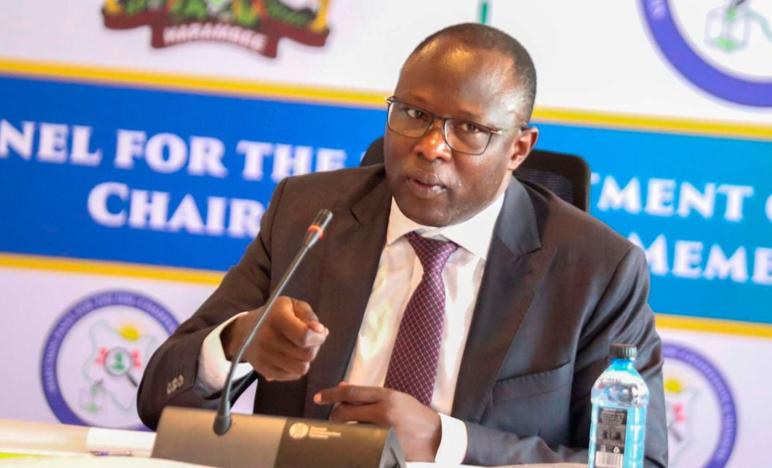
The newly constituted Independent Electoral and Boundaries Commission (IEBC) has dismissed reports that it has received 60 petitions to recall underperforming MPs.
Social media has been awash with reports indicating that the commission has received 60 recall petitions from citizens accusing their lawmakers of failing to represent their interests.
On July 19, however, the commission noted that it had received four petitions to recall sitting MPs.
Addressing the press in Mombasa, commission chairperson Erastus Edung Ethekon said they are currently reviewing the requests and will assess each based on its merits.
“We currently have roughly four petitions. We will look at them once we go back to the office,” said Ethekon.
This, as he affirmed that the right to recall is enshrined in the constitution, and the commission is committed to upholding the law.
"It is the right of every Kenyan to exercise that right of recall under the constitution, and as IEBC, we will be there to do that which we can or which the law allows us," he stated.
The commission is currently updating the voter register to ensure readiness for by-elections.
The 23 vacant seats include one senatorial, six parliamentary, and 16 ward representative positions.
He assured the public that all processes will be conducted in accordance with legal and constitutional provisions.
"We will receive those petitions, we will examine them, and then we will, of course, respond to them accordingly," he said.
The recall process is anchored in Article 104 of the Constitution and the Elections Act, 2011.
In Kenya, the recall of Members of Parliament is facilitated by the Constitution of Kenya (2010) and the Elections Act (2011).
Article 104 of the Constitution establishes the right to recall a Member of Parliament.
It allows Kenyans to initiate the removal of an MP, Senator, or MCA only after two years have passed since their election, and not within the final 12 months before the next general election.
Valid grounds for recall include breach of leadership and
integrity standards, misuse of public resources, or conviction for electoral
offences.

















